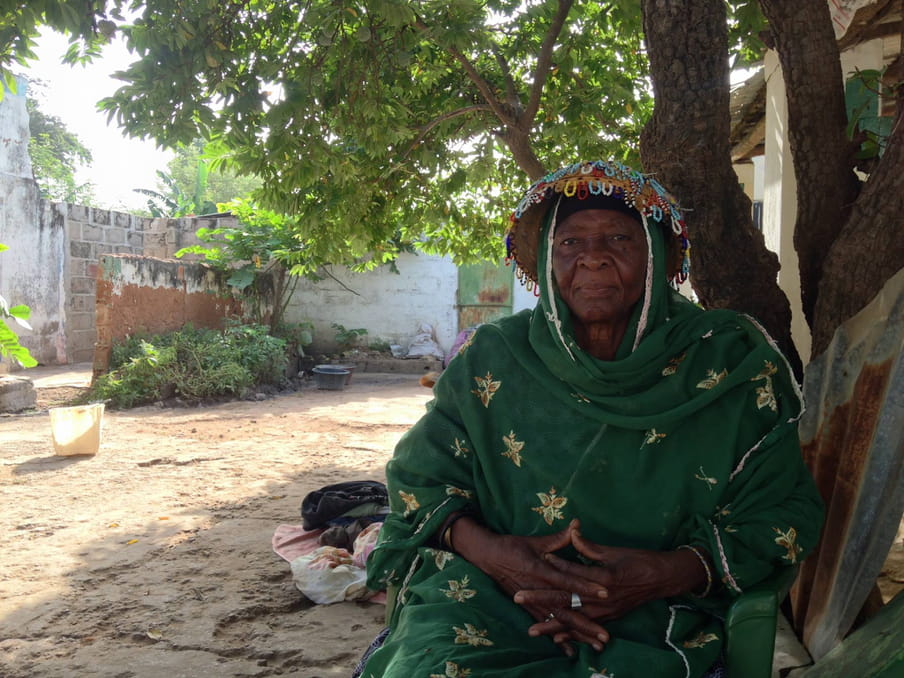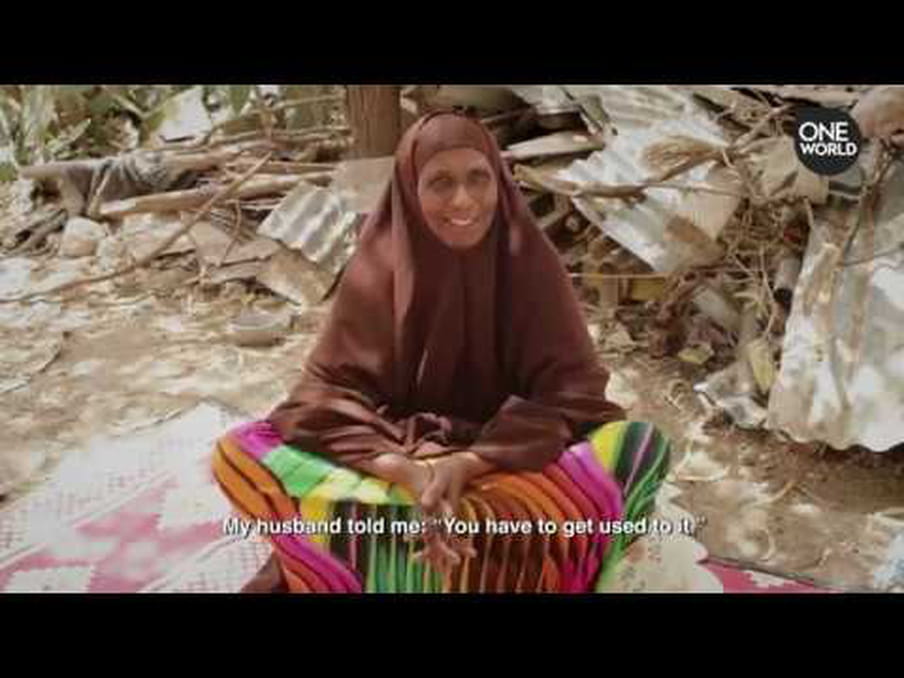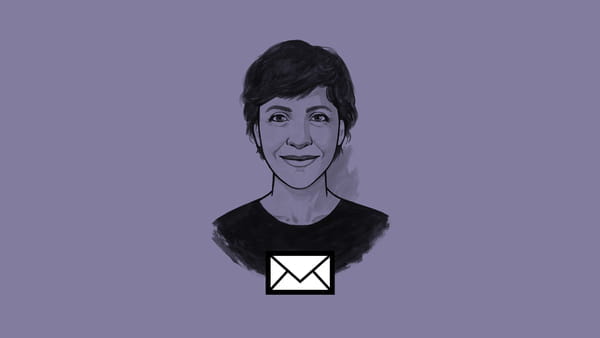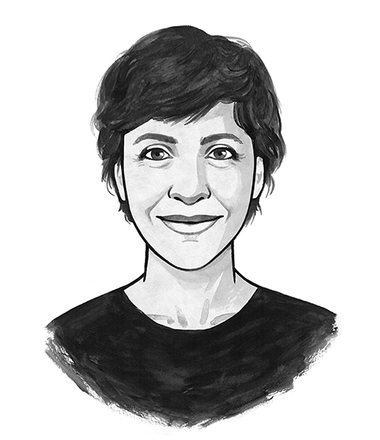Hi,
We euphemistically call our vulvas and vaginas our “private parts”. I don’t like using euphemisms for our genitalia, but what this euphemism does get right is the idea that our sexual and reproductive organs are exclusively ours and should be shared only when we decide. Unfortunately, this is not always true.
In some cases, we have little say over what happens to our vulvas and vaginas. I am thinking of abuse, obstetric violence, and the rights of trans people. I am also thinking of female genital mutilation (FGM).
This is on my mind because on 6 February, the world marks International Day of Zero Tolerance for Female Genital Mutilation, which aims to raise more awareness to this horrible practice.
FGM consists of cutting female genitalia for no medical reasons, often when the girls are young. There are different reasons for it: to control a woman’s sexuality, for wrong medical beliefs, and as a rite-of-passage. FGM leads to lifelong health complications, including at childbirth. The World Health Organization says that more than 200 million women worldwide have been cut.
When I first reported on FGM, it was 2017 and I was in the Gambia. I approached the subject with a feeling of despair. It hurt me simply to think about the practice. But the more I interviewed women, the more I realised that a lot is changing when it comes to FGM, and more and more women are speaking up and managing to change their community’s approach to this horrible practice.
One person I interviewed was Aja Babung Sidibeh, an elderly woman who had supervised hundreds of cutting ceremonies in Janjanbureh, some four hours east of the capital city Banjul, deep along the Gambia river.

She used to gather girls and prepare them for the initiation rite, until one year two girls fell sick. At a local hospital, they were told they had tetanus that had spread because the cutter had used the same knife for every girl. The girls survived, but Sidibeh realised the risks of her practice. She decided to stop cutting and convinced her community to follow suit.
In the Gambia like in many other countries, FGM has been banned. But as a result, it has often become an underground practice, which is much harder for governments to control. And that is why the work of women like Sidibeh, who are deeply entrenched in their communities, is so important.
It is hard to write about transnational issues because there is no one solution to any issue. (I recently wrote about the importance of formal education in early childhood, and one member asked me what exactly I thought was going to work as a solution.)
While I believe there are no silver bullets, I think there is one starting point that can help us move the conversation forward: stepping away from thinking about a part of the population as victims. If you think in terms of being a victim, you may think of weakness and believe that those who have had their rights withdrawn or affected (for example, those women who have been cut) as weak. Well, my experience from talking to women who have been subjected to FGM is that they are far from being victims.
Some have had to escape their communities, others have gone about it in big or small ways to make others understand that FGM should be stopped.
Nuura, a 35-year-old woman in Somaliland, comes to mind. She was interviewed by my colleague Emanuela Zuccalà for her project UNCUT.

She managed to stand up and refused to get her own children circumcised.
Jaha Dukureh, whom I interviewed in the Gambia, also comes to mind. Her work as an FGM survivor and activist led to her appointment as UN Women Goodwill Ambassador for Africa in February 2018.
What are other examples of hopefulness that you see around you on the issues of reproductive health and sexuality?
I look forward to hearing from you.
Until next week!
Irene
 Would you like this newsletter straight in your inbox?
Subscribe to my weekly newsletter where I talk about sexuality, reproductive rights and early childhood, discuss the best ideas from members and share updates on my journalism.
Would you like this newsletter straight in your inbox?
Subscribe to my weekly newsletter where I talk about sexuality, reproductive rights and early childhood, discuss the best ideas from members and share updates on my journalism.

